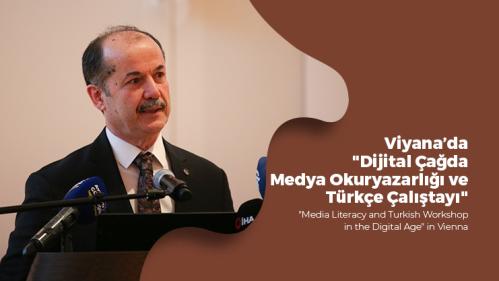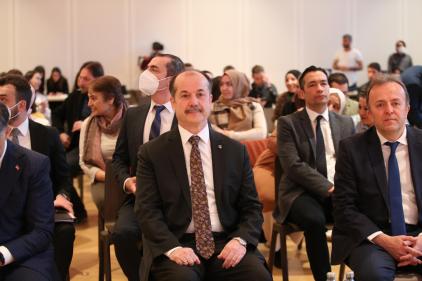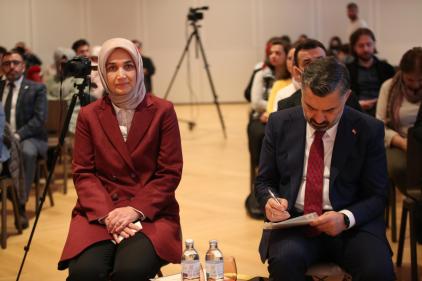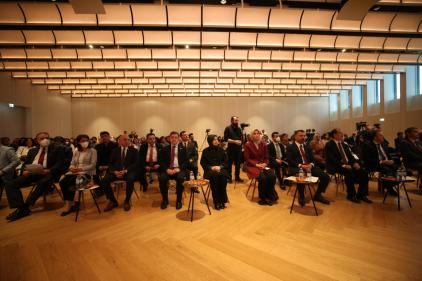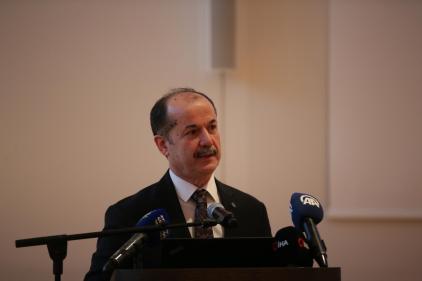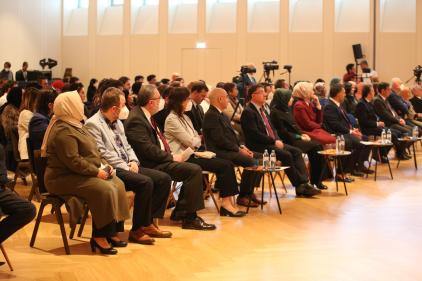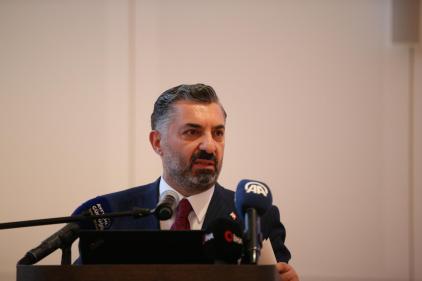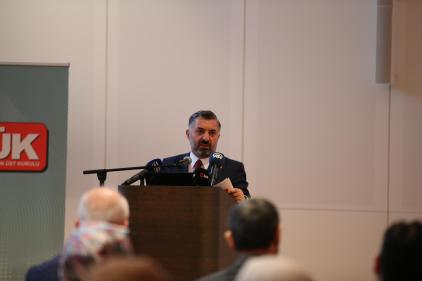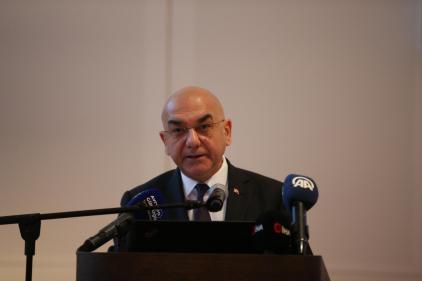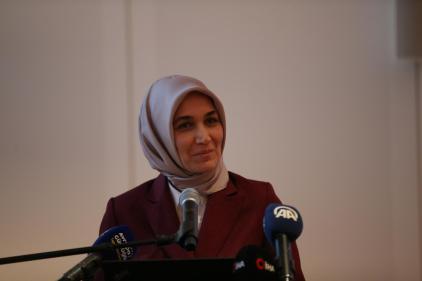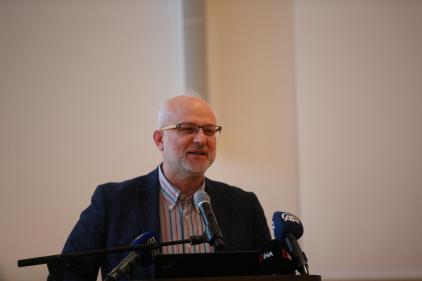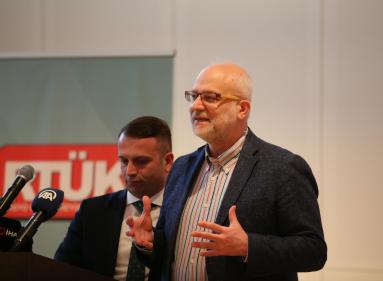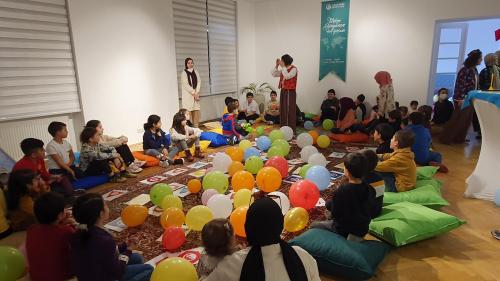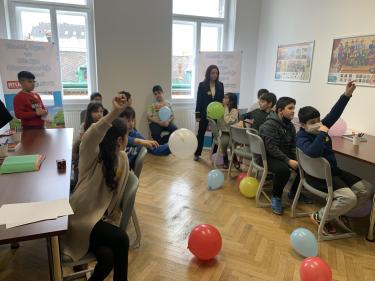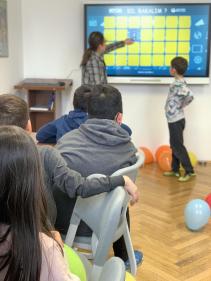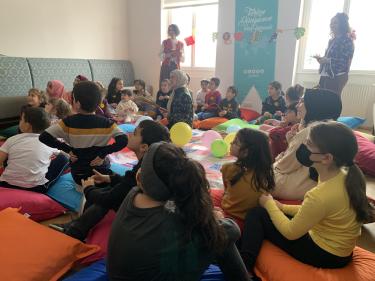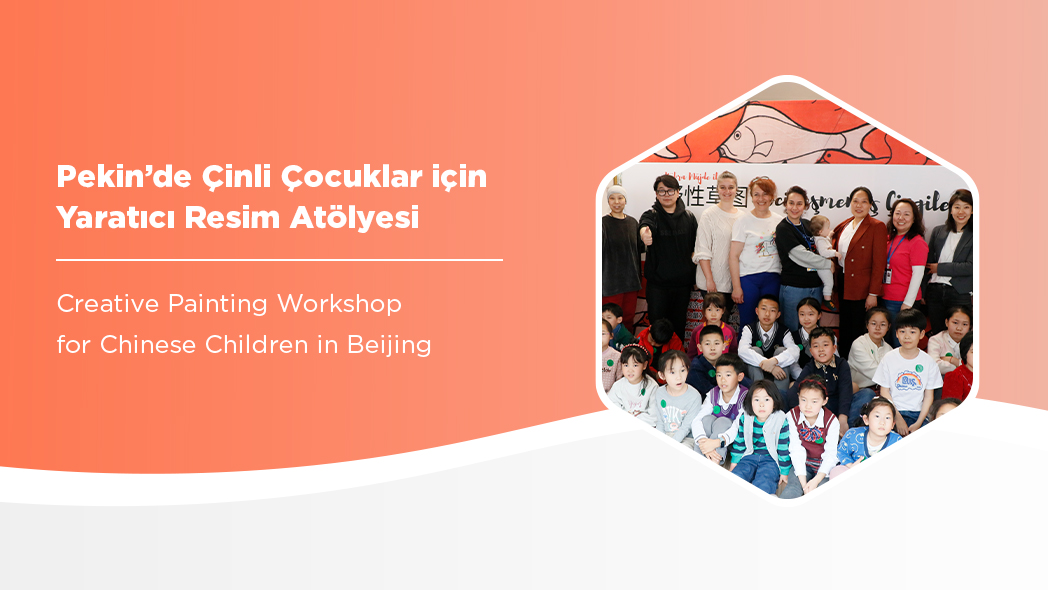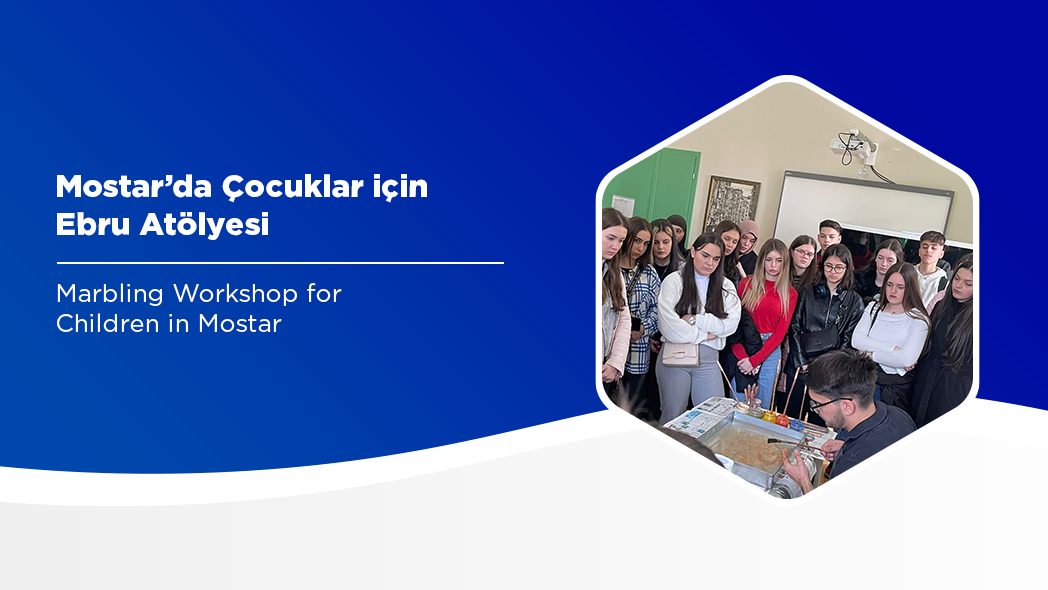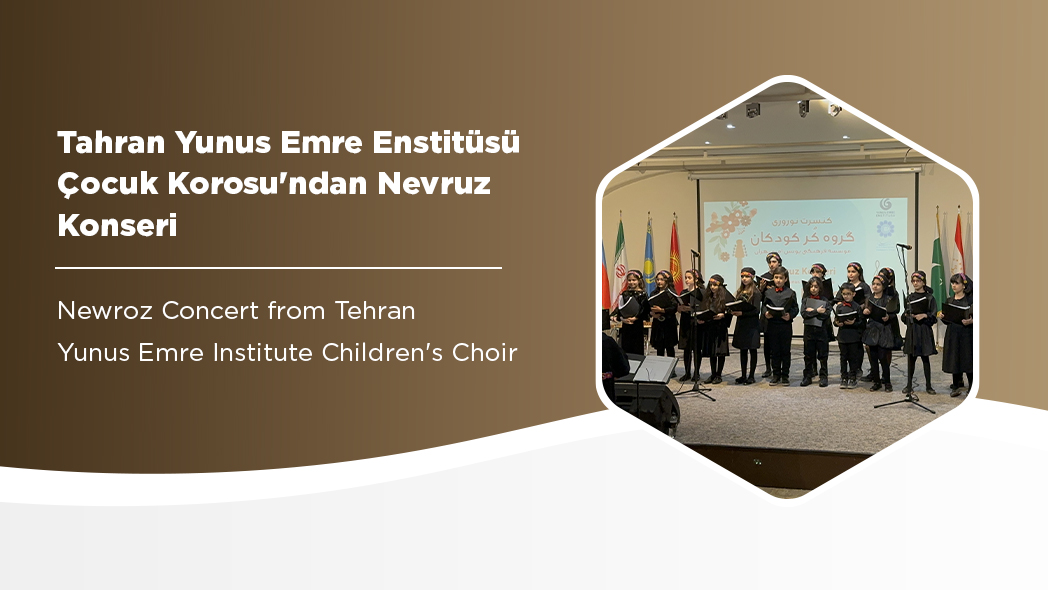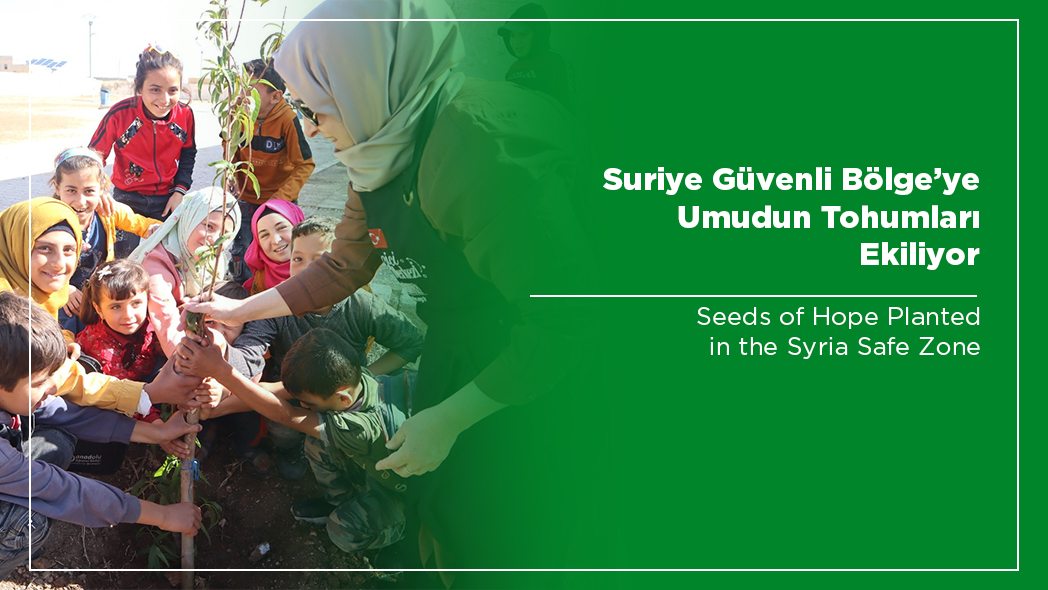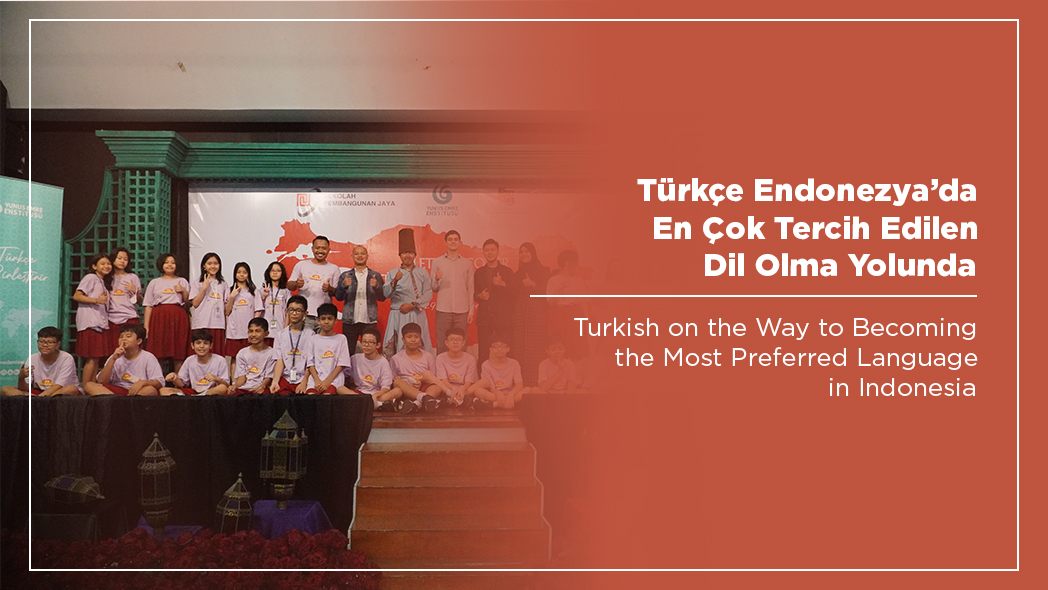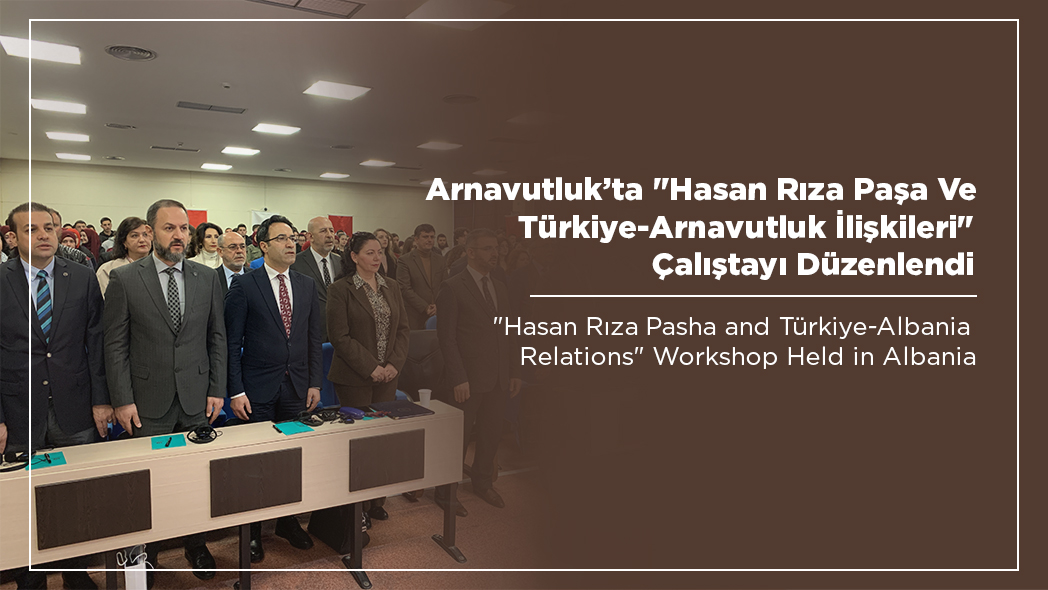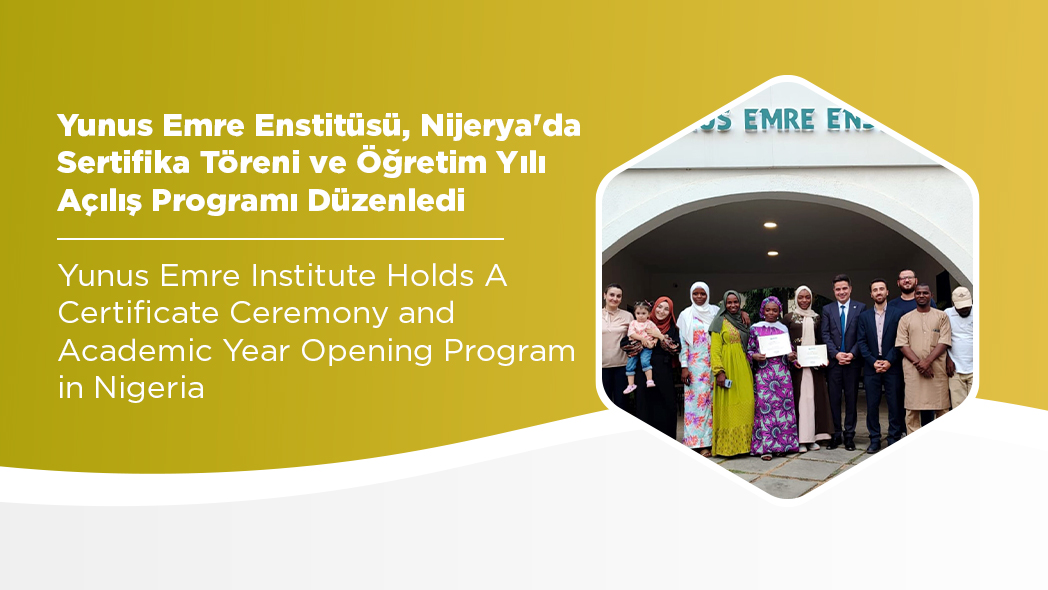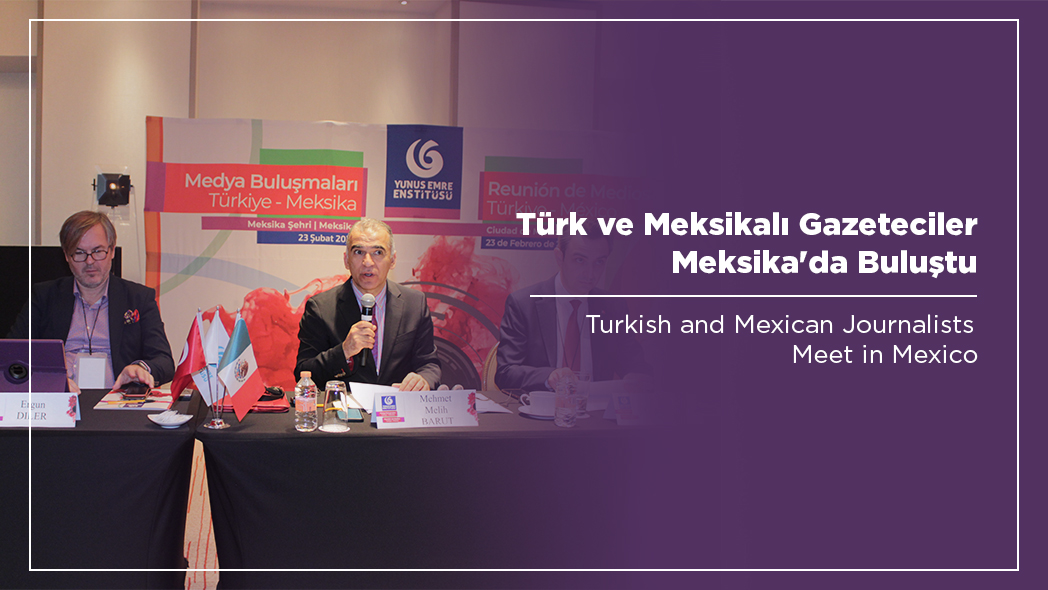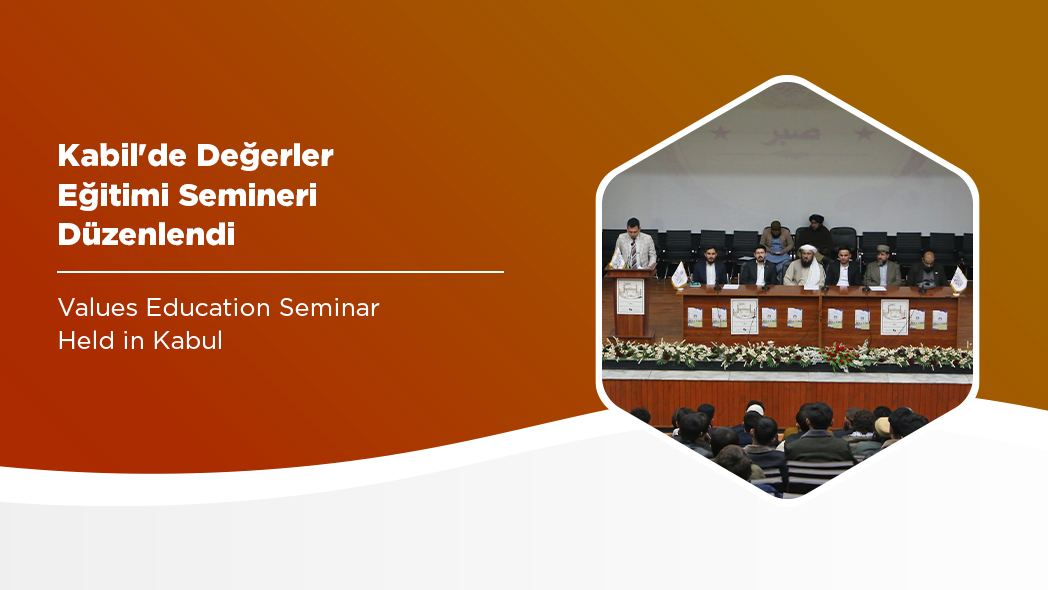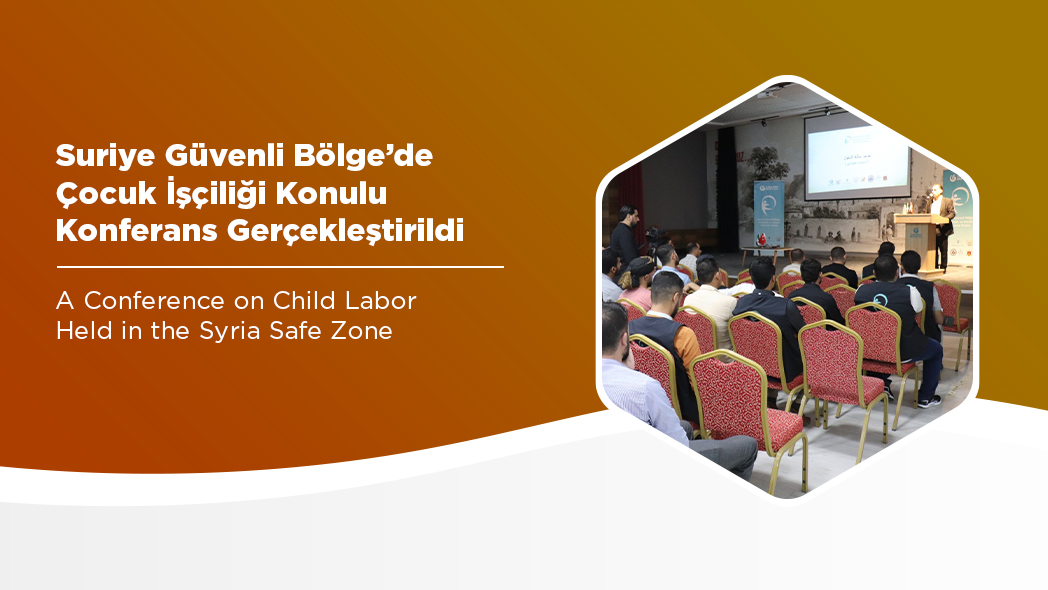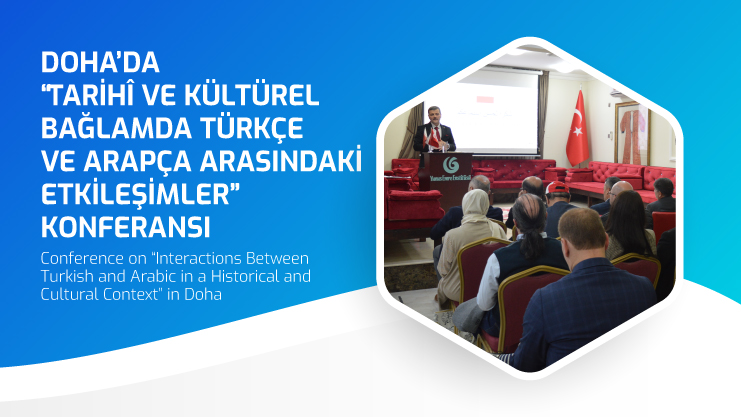‘’Media Literacy and Turkish Workshop in the Digital Age’’ in Vienna
Radio and Television Supreme Council (RTÜK) and Yunus Emre Institute (YEI) organized ‘’Media Literacy and Turkish Workshop in the Digital Age” continues in Vienna, the capital of Austria.
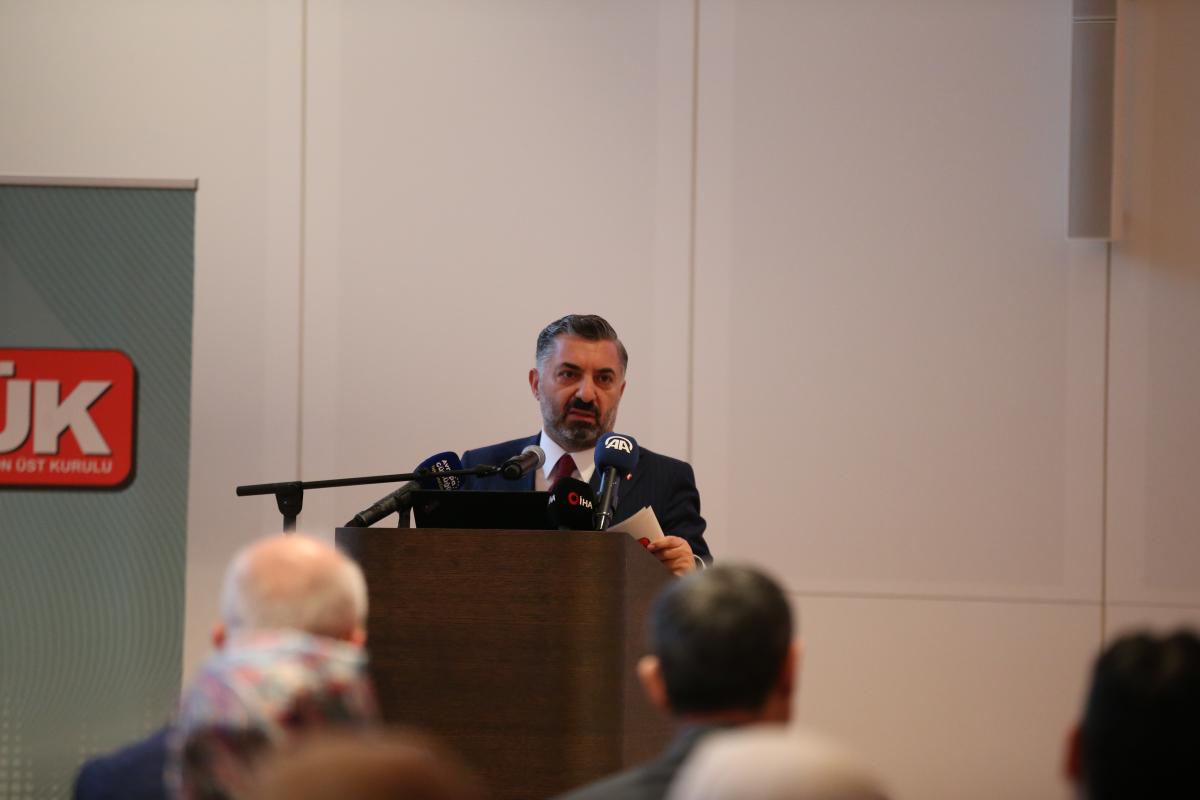
RTÜK President Ebubekir Şahin, in his speech at the workshop, stated that new communication technologies had reduced the age of contact with the media to infancy. Şahin indicated that children who were too young to speak anymore were dealing with touch screens.
Şahin emphasized that the importance of media literacy had increased much more, considering the approaches that the media could affect people psychologically and lead them to different wrong behaviors.
DIGITAL MEDIA LITERACY
Underlining that it was inevitable to be conscious media literate because of the psychosocial effects of the media, Şahin said, ‘’Now we are expanding the concept of digital media literacy. In cooperation with the Ministry of National Education, we are updating the content of the media literacy course in the curriculum to include digital literacy.’’
Noting that RTÜK, based on media literacy, had carried out different activities to protect children and youth from harmful media content, Şahin said, ‘’We are very sensitive to combating content, rhetoric and hateful approaches that threaten humanity, especially the young generation, in the digital age.’’
Emphasizing that the 4th Media Literacy and Turkish Workshop in the Digital Age was held in Vienna and that they attached great importance to these sequential meetings, Şahin said,
‘’It is one of our most fundamental duties to disseminate our language, which is our identity, and to ensure its correct use. Considering the crucial role of the media in language development, we have to contend with examples of wrong, bad, corrupt, and alienated use. The ‘media language’ in digital environments is an issue that needs to be carefully considered.‘’
Şahin stated that a team had been formed to examine the role of Turkish series and Turkish content on social platforms in learning Turkish and that this workshop would be carried to a higher level with the concrete data that this team would reveal in the coming days.
Explaining that in this two-day workshop, important issues such as how digital reading should be done and how the media’s manipulation should be handled would be discussed, Şahin said, ‘’We are working to establish sincere ties with Turkey to reveal the truth and encourage media literacy, and when we say sincere, we are trying to create trust-building bonds, not perception, and image.’’
Yunus Emre Institute President Prof. Şeref Ateş stated that the digital media and the media were the elements that described the human connection with people today, and said, ‘’Then we need to learn to read in this age so that we do not injustice and do not take the rights of others.’’
Deputy Minister of Family and Social Services, Kübra Güran Yiğitbaşı, also declared that the media affected a wide range of perceptions and opinions, from daily life to politics, social developments to cultural structures, in short, individuals’ interpretation of what was happening.
SIX TIMES MORE INTEREST IN FAKE NEWS
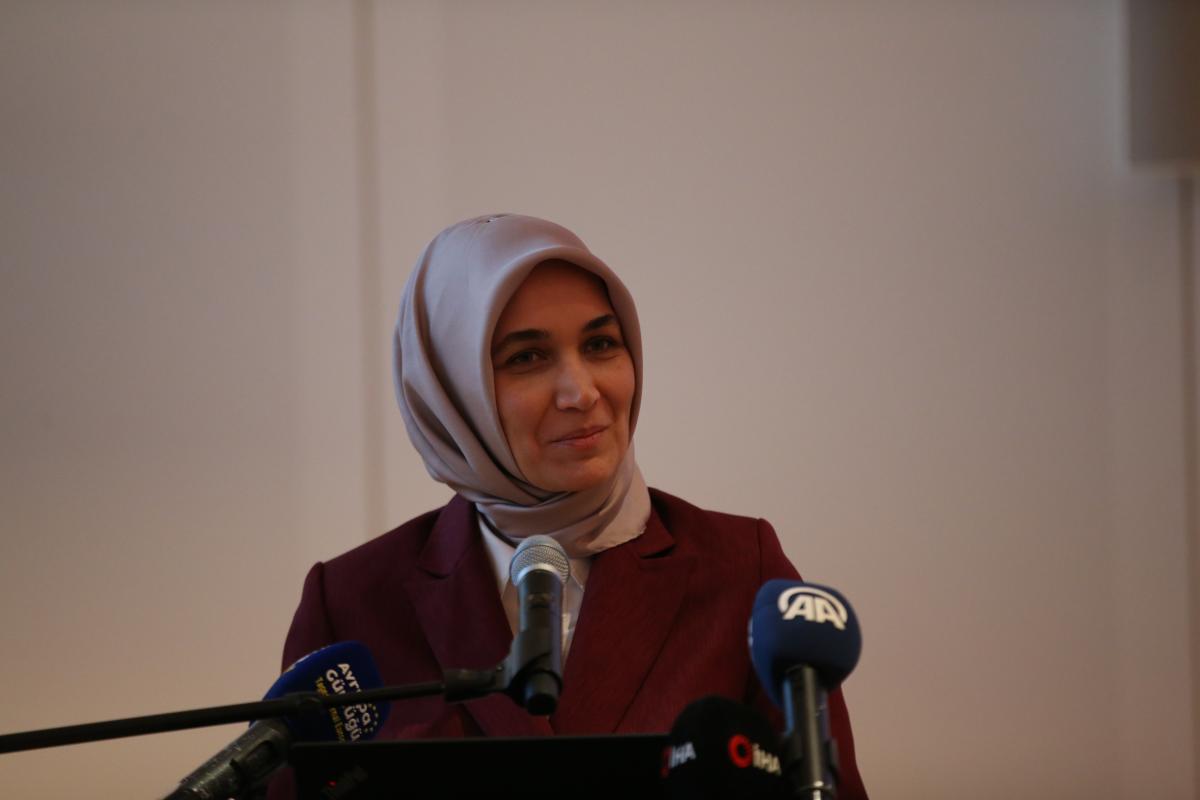
Yiğitbaşı stressed that social media occupies a large place in daily life, therefore it is important to read the messages conveyed through the media correctly.
‘’Actually, being aware of what is behind what is seen and not shown to us, or being able to realize why what is shown is framed and presented in that way, is one of the most basic skills of media literacy,’’ Yiğitbaşı said, and she also added, ‘’Research shows us that fake news spread six times faster than real news.’’
Yiğitbaşı pointed out the rapidly spreading posts on social media that show an event that did not happen in Turkey as if it happened here and said,
‘’In times of crisis, that is, when media information is most needed, the widely inaccurate and widely disseminated information also makes it difficult for people to access the truth. Unfounded information that creates uncertainty constructs fear and panic in people, leading to social anxiety.’’
Yiğitbaşı also cited the efforts of the Ministry of Family and Social Services to protect families and children from cyber problems and said, ‘’Media literacy is closely linked with critical thinking, and it is an important skill to consume media content carefully and to be selective.’’
‘’BEING ABLE TO STAY HAPPY IN THE DIGITAL AGE’’
As part of the workshop, Prof. Kemal Sayar also made a presentation titled ‘’Being Able to Stay Happy in the Digital Age’’.
Sayar explained that digital platforms led individuals to loneliness and pessimism and that the negative interest in online platforms was much higher than the positive, and this caused anxiety in individuals.
Stating that the relationship between digital platforms and children was very sensitive, Sayar said that restrictions should be made instead of prohibiting children, and it was important to know the reasons behind digital addiction in children and individuals.
Sayar added that there was a lot of contact with the digital environment, so a kind of ‘’digital diet’’ was needed, that was necessary to ‘’live life truly and be veritable, to stay away from digital platforms for short periods.’’
Turkey’s Ambassador to Vienna Okan Ceyhun, Deputy Chairman of Justice and Development Party and Deputy of Konya Leyla Şahin Usta, Justice and Development Party Yozgat MP Yusuf Başer right along with many guests attended the event.
WORKSHOP FOR TURKISH PARENTS AND CHILDREN
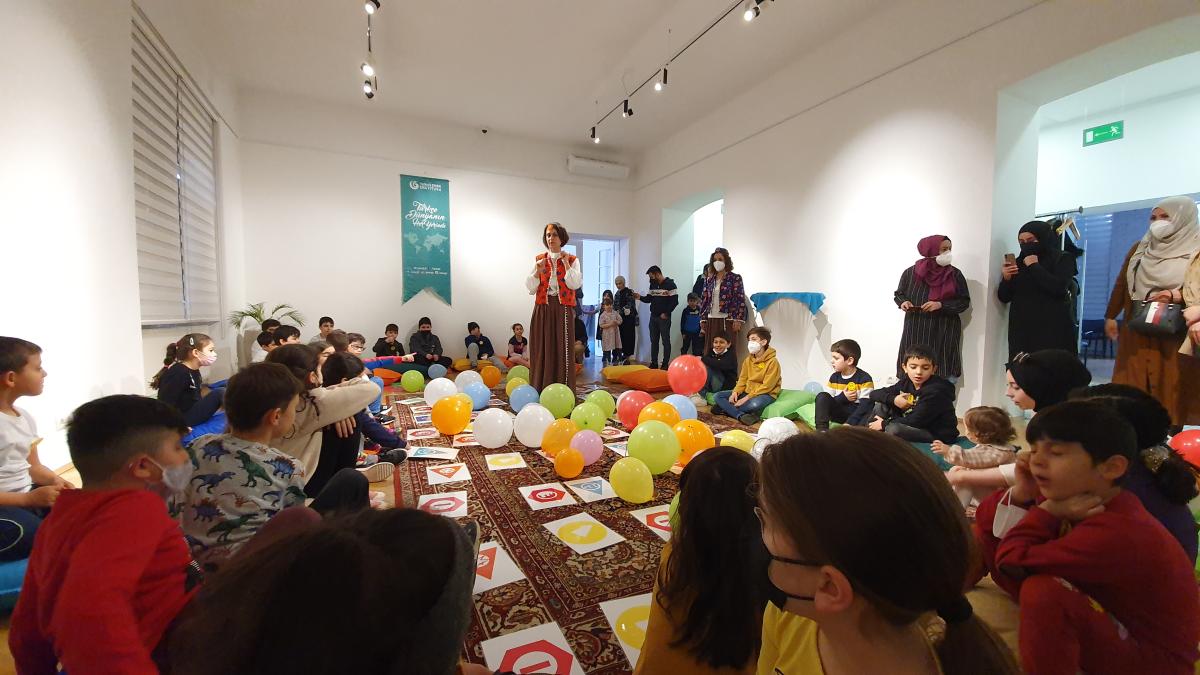
The ‘’Media Literacy and Turkish Workshop in the Digital Age’’ organized by Radio and Television Supreme Council (RTÜK) and Yunus Emre Institute (YEI) was completed with workshops for families.
On the second day of the workshop held at the Vienna Yunus Emre Institute building, a workshop was held for Turkish parents and children.
Yunus Emre Institute President Prof. Şeref Ateş made statements regarding three workshops for children.
Prof. Ateş pointed out the importance of practical training activities and said that on the second day of the workshop, they practiced Turkish traditional tales.

Noting that Turkish traditional tales are important elements in the production of content for the media, Ateş said that by getting involved in the games, the children better adopt the issues conveyed here.
Prof. Ateş stated that in the second part of the workshop, teaching media literacy to children actively was discussed, and children had the opportunity to learn what they should pay attention to when using the media in the company of pedagogues.
Expressing that the third study was aimed at parents, Ateş noted that a workshop was held on which psychological factors parents should pay attention to while following their children’s media habits.
A THREE-WAY STUDY CONDUCTED
Prof. Ateş stated that a three-dimensional workshop was held, which deals with traditional elements, how children would follow the content in the media, and how families would accompany this situation.
Noting that this era was the digital era and there was no way out, Ateş said, ‘’Then how can we shape this digital era more positively by adopting our own culture as families. It was a practical sample study. Families also enjoyed it. We are also very happy about this.’’
UNIVERSAL CONTENTS SUITABLE FOR TURKISH CULTURE
Prof. Ateş stated that media content may differ due to cultural differences and said, ‘’How to produce universal content that is suitable for our own culture, but at the same time, we developed them together with families.’’
Indicating that the children were very satisfied, Ateş added that these beautiful works should be carried to different parts of Europe.
Diğer Etkinlikler
Diğer Etkinlikler
The opening...

